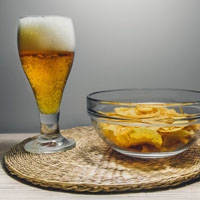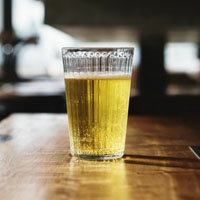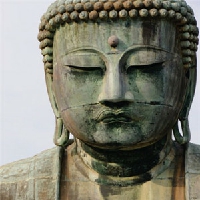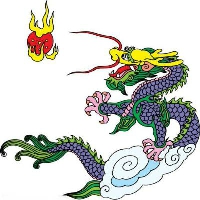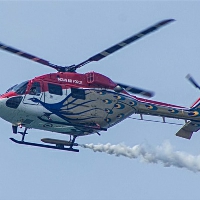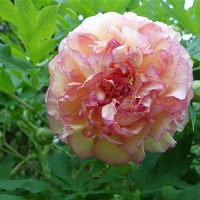1. Improve your ideological level: improve your ideological level through learning, reading more classics, and talking with the sages.
2. 2. Targeted training: through repeated training, you can habitually make the right decision when facing problems.
3. 3. You can make self suggestion: often tell yourself "I can do it". Through this suggestion, you can have confidence to challenge difficulties and overcome them.
4. 4. Choose to burn the boat: If you feel you can't control yourself, you can choose to cut off your own back road. Although this is too arbitrary, it will be very effective.
5. 5. You should have a clear answer: when facing temptation, indecision will often defeat you. Give yourself a clear answer, which can quickly interrupt your evil thoughts and make you easier to succeed.
6. 6. Think before you act: calm down, think about the consequences, and self-control will be reflected.
7. 7. Look for mentors and helpful friends to help: you can talk to others and help supervise yourself.
